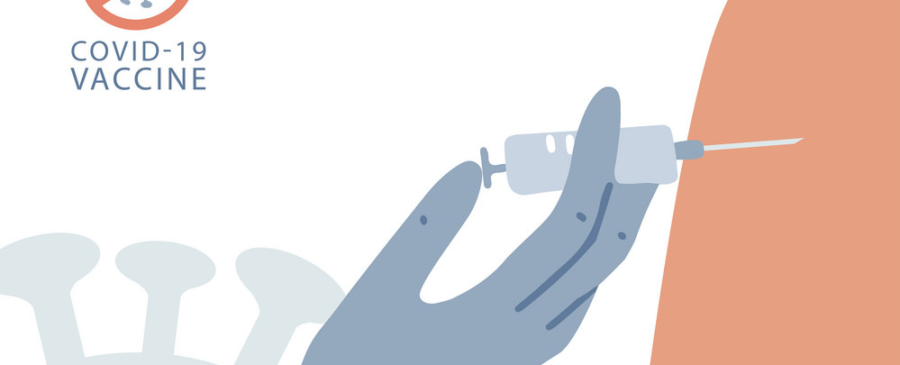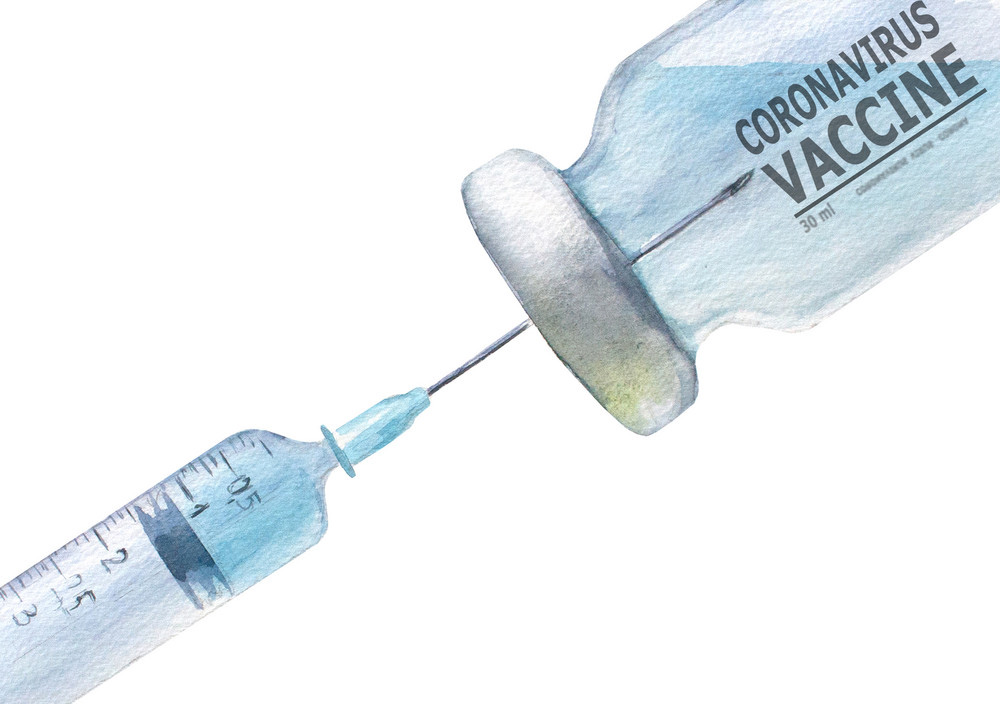The FDA has authorized emergency use for the Johnson & Johnson vaccine

The U.S. Food and Drug Administration issued an emergency use authorization (EUA) for the third vaccine for the prevention of coronavirus disease 2019 (COVID-19) caused by severe acute respiratory syndrome coronavirus 2 (SARS-CoV-2). The EUA allows the Janssen COVID-19 Vaccine to be distributed in the U.S for use in individuals 18 years of age and older.
The FDA has determined that the Janssen COVID-19 Vaccine has met the statutory criteria for issuance of an EUA. The totality of the available data provides clear evidence that the Janssen COVID-19 Vaccine may be effective in preventing COVID-19. The data also show that the vaccine’s known and potential benefits outweigh its known and potential risks, supporting the company’s request for the vaccine’s use in people 18 years of age and older.

Vaccine manufacturing technology
The Janssen COVID-19 Vaccine is manufactured using a specific type of virus called adenovirus type 26 (Ad26). The vaccine uses Ad26 to deliver a piece of the DNA, or genetic material, that is used to make the distinctive “spike” protein of the SARS-CoV-2 virus. While adenoviruses are a group of viruses that are relatively common, Ad26, which can cause cold symptoms and pink eye, has been modified for the vaccine so that it cannot replicate in the human body to cause illness. After a person receives this vaccine, the body can temporarily make the spike protein, which does not cause disease, but triggers the immune system to learn to react defensively, producing an immune response against SARS-CoV-2.
FDA Evaluation of Available Safety Data
The Janssen COVID-19 Vaccine is administered as a single dose. The available safety data to support the EUA include an analysis of 43,783 participants enrolled in an ongoing randomized, placebo-controlled study being conducted in South Africa, certain countries in South America, Mexico, and the U.S. The participants, 21,895 of whom received the vaccine and 21,888 of whom received saline placebo, were followed for a median of eight weeks after vaccination. The most commonly reported side effects were pain at the injection site, headache, fatigue, muscle aches and nausea. Most of these side effects were mild to moderate in severity and lasted 1-2 days.

FDA Evaluation of Available Effectiveness Data
The effectiveness data to support the EUA include an analysis of 39,321 participants in the ongoing randomized, placebo-controlled study being conducted in South Africa, certain countries in South America, Mexico, and the U.S. who did not have evidence of SARS-CoV-2 infection prior to receiving the vaccine. Among these participants, 19,630 received the vaccine and 19,691 received saline placebo. Overall, the vaccine was approximately 67% effective in preventing moderate to severe/critical COVID-19 occurring at least 14 days after vaccination and 66% effective in preventing moderate to severe/critical COVID-19 occurring at least 28 days after vaccination.
Additionally, the vaccine was approximately 77% effective in preventing severe/critical COVID-19 occurring at least 14 days after vaccination and 85% effective in preventing severe/critical COVID-19 occurring at least 28 days after vaccination.
At this time, data are not available to determine how long the vaccine will provide protection, nor is there evidence that the vaccine prevents transmission of SARS-CoV-2 from person to person.
Because scientists are still researching the degree to which any of the authorized vaccines prevent people from spreading Covid-19 to other people, public health authorities recommend people continue to social distance and wear masks after being vaccinated. In theory, a vaccinated person could still spread the SARS-CoV-2 virus, even if they do not experience any symptoms of the disease Covid-19.
How to distribute the vaccine
Johnson & Johnson’s vaccine would also be the easiest to distribute. Unlike vaccines from Pfizer and Moderna, which require sub-zero storage, Johnson & Johnson’s vaccine can be stored at common refrigerator temperatures for up to three months. When frozen it has a shelf life of three years.
Prepared : Negin Ghafouri – Biomedical Engineering Student
Source : www.fda.gov

Recent Comments